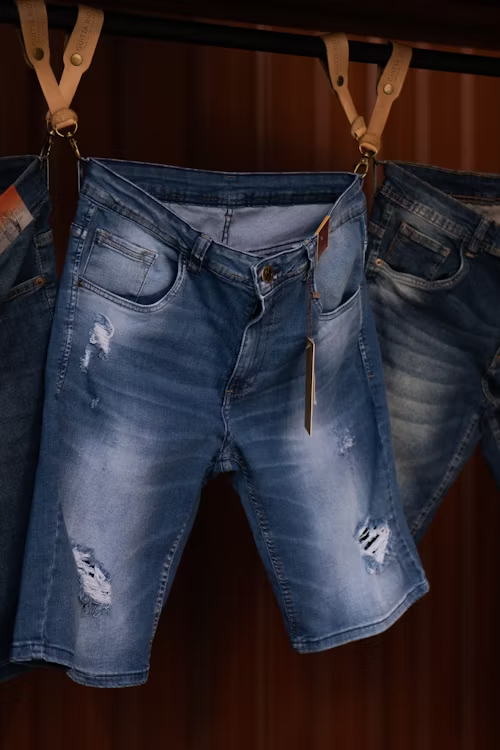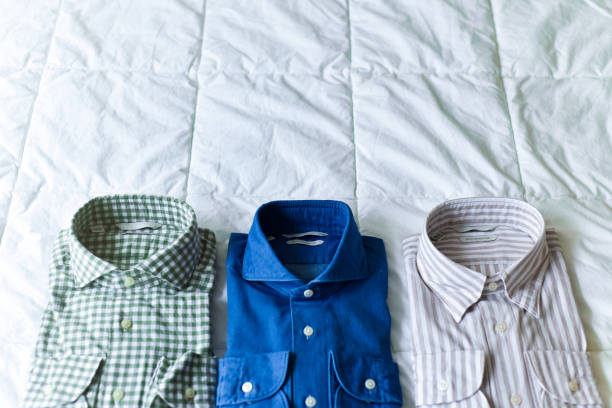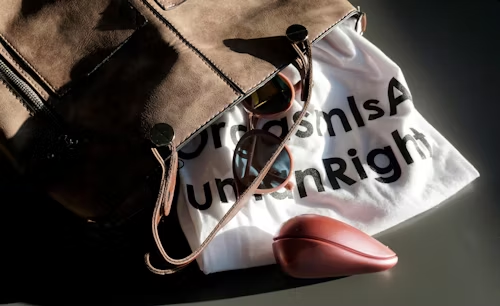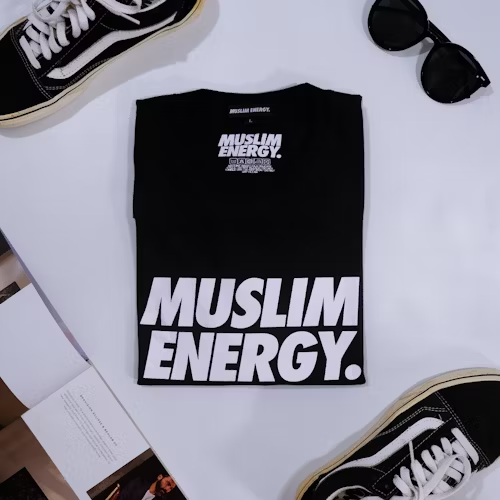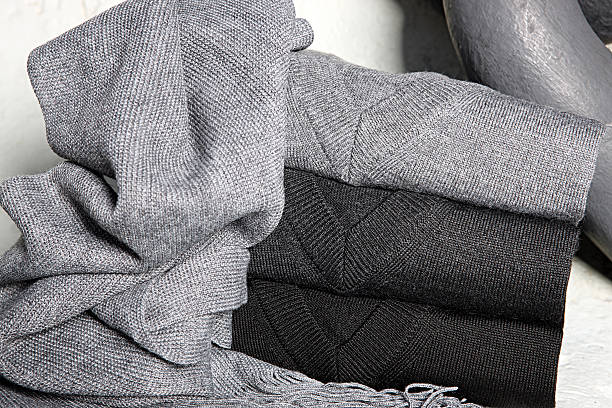When choosing fabric for your custom apparel, it’s important to consider the pros and cons of 100% cotton versus cotton blends. Both options have their strengths, but the right choice depends on your specific needs. This guide will help you make an informed decision when selecting fabric for custom T-shirts, sweatshirts, hoodies, and other apparel.
1. Key Differences Between 100% Cotton and Cotton Blends

2. Consider Your Apparel’s Purpose
- For Comfort and Casual Wear: 100% cotton is perfect for T-shirts, sweatshirts, and other soft, breathable garments. This option is ideal for customers who value comfort and natural fabrics.
- For Durability and Performance: Cotton blends (such as cotton and polyester) are better suited for garments that need to withstand regular wear and tear. This fabric is often used in sportwear and streetwear due to its strength and resistance to shrinkage.
3. Cost and Budget Considerations
- 100% Cotton: Pure cotton tends to be more expensive, so it may be best for premium custom apparel. While it’s soft and breathable, its higher cost might not be ideal for high-volume orders.
- Cotton Blends: Blends like cotton-polyester are generally more affordable. They provide a cost-effective solution for wholesale clothing and high-volume orders while still offering quality and durability.
4. Durability and Longevity
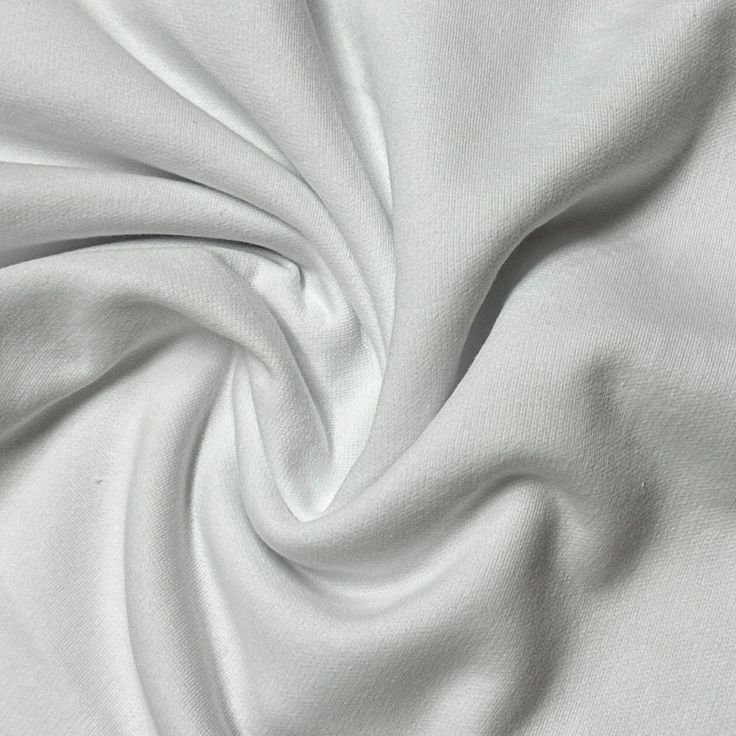
- 100% Cotton: While cotton is soft and breathable, it can shrink and lose its shape after washing, making it less ideal for everyday wear. It’s better suited for items that won’t be washed frequently.
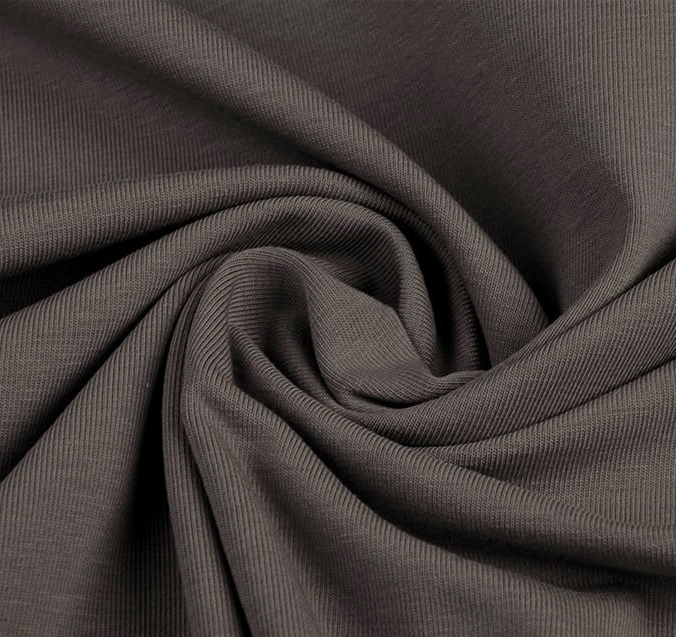
- Cotton Blends: Fabrics made with polyester, spandex, or nylon offer superior durability and resistance to shrinking, stretching, and fading. This makes them great for sportswear, streetwear, and other active apparel.
5. Environmental Impact
- 100% Cotton: Cotton is biodegradable, making it a more eco-friendly option. However, it requires a lot of water during production, which can have environmental consequences.
- Cotton Blends: Blends with materials like polyester may reduce sustainability, especially if the polyester is virgin. However, recycled polyester blends offer a more eco-conscious alternative for fashion brands focused on sustainability.
6. Customer Preferences
- Comfort and Softness: If your target market values comfort, breathability, and natural fibers, 100% cotton will appeal to them more. It’s perfect for casual wear, custom T-shirts, and soft hoodies.
- Durability and Performance: If your customers are looking for long-lasting apparel that can handle frequent use, cotton blends are the better choice. These fabrics are great for activewear and streetwear lines.
7. Popular Fabric Blends for Custom Apparel

Conclusion: 100% Cotton vs. Cotton Blends for Custom Apparel
Both 100% cotton and cotton blends have their advantages. The right choice depends on your brand, target customers, and the type of apparel you’re creating.
- 100% Cotton is ideal for comfort and natural fabrics but comes at a higher price.
- Cotton Blends offer more durability, affordability, and versatility, making them great for custom activewear, wholesale T-shirts, and bulk clothing orders.
By understanding the differences, you can select the fabric that best meets your product goals, whether you’re creating luxury custom T-shirts or durable streetwear.
